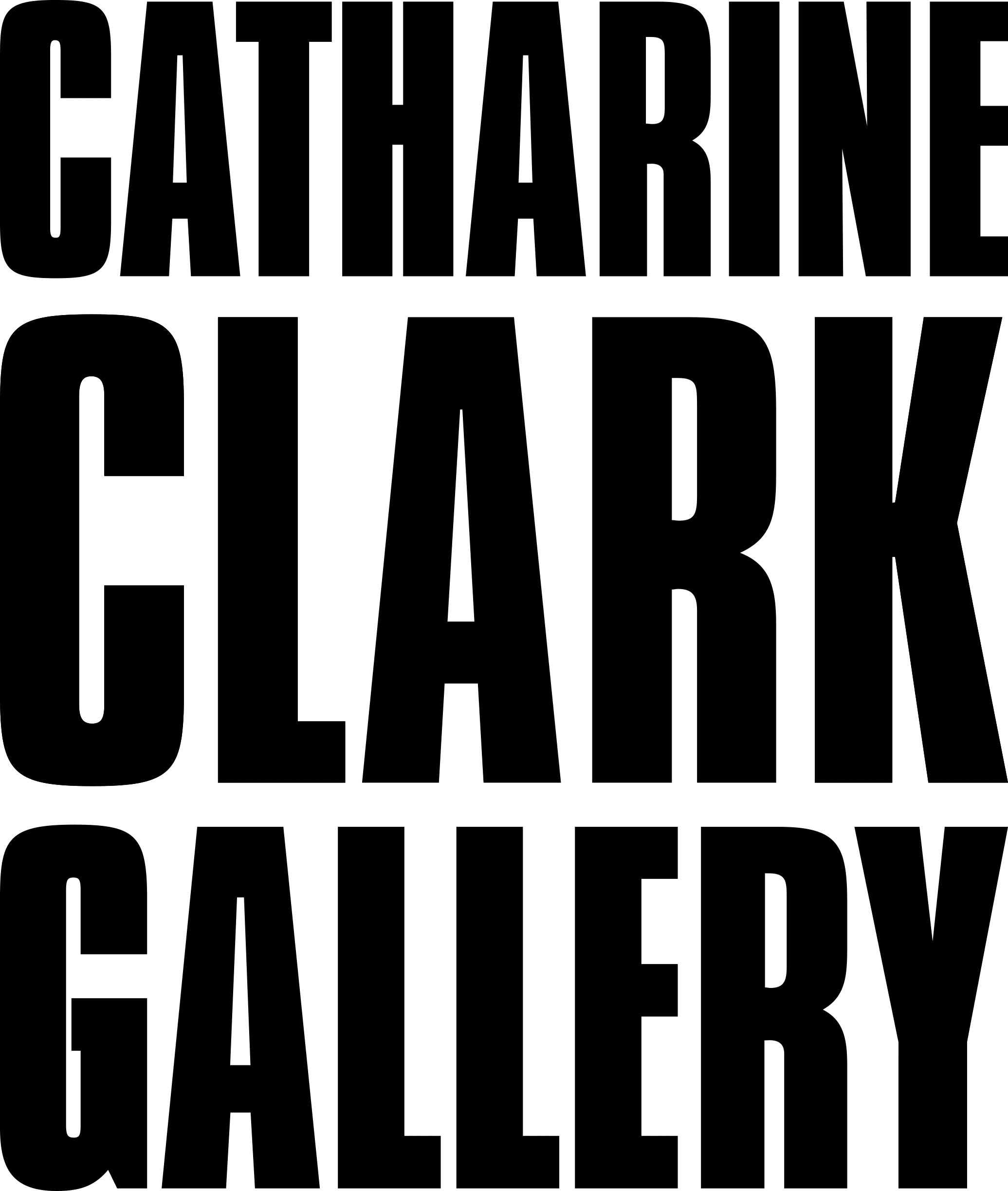Born in Oakland, CA, Elyse Pignolet is an American with Filipino heritage, living and working in Los Angeles. She attended California State University, San Francisco, studying Fine Arts. In 2001 she lived in Madrid and Barcelona, Spain, studying arts and Spanish language. She completed her BFA degree in ceramics at CSU Long Beach in 2007. Her studies included an intensive ceramics tour through Mainland China, and she also attended the International Ceramics Biennale in Korea. She was awarded a CSU Long Beach Travel Scholarship for Art, and traveled to Lisbon, Portugal to study traditional tile murals. Pignolet was awarded a fellowship to Ballinglen Arts Center, Ireland. She has traveled extensively in Europe, Asia, Australia, Africa, and South America.
Pignolet works primarily in ceramics and her work has been inspired by and dealt with various themes including political and social issues, the dialectic between feminism and misogyny, inequality, and cultural stereotypes. Exploring the boundaries between ceramics, painting and sculpture, Pignolet attempts to place the permanence and traditions of ceramics with the fleeting and transitory nature of the contemporary world.
Her works have been featured in a number of publications including the Los Angeles Times, La Weekly, Juxtapoz Magazine, The Huffington Post, KQED, Ceramics Art + Perception, LoDown Magazine, Artillery, Art and Cake LA.
In 2020, Catharine Clark Gallery presented Pignolet’s Boys Will Be Boys, a series of ceramic sculptures and watercolor paintings imbued with traditional porcelain decorations from around the world. While the vessels of this series depict familiar floral patterns and motifs, closer inspection reveals text referencing Trump’s many unsettling and demeaning comments on women, references to elected figures publicly accosting female colleagues, sexual assault, and the everyday experience of street harassment and gendered stereotypes. In 2023, Pignolet was part of a group show Sobremesa (2023); in her collaboration with Sandow Birk she presented Marriage, an installation that reflected on marriage laws. Pignolet’s hand-built ceramic “marriage plates” were supported by Birk’s painted vessels and tablecloth, with each setting commemorating an historical event, from the first recorded marriage on American soil (1565) to the first legal gay marriage on record (1970s).

